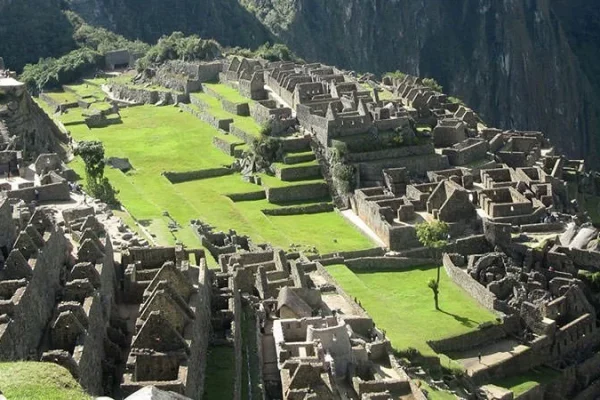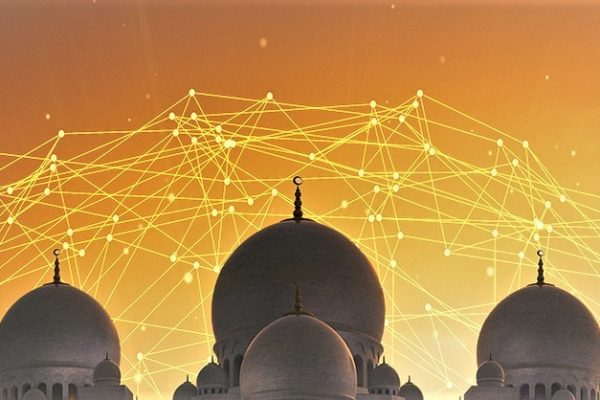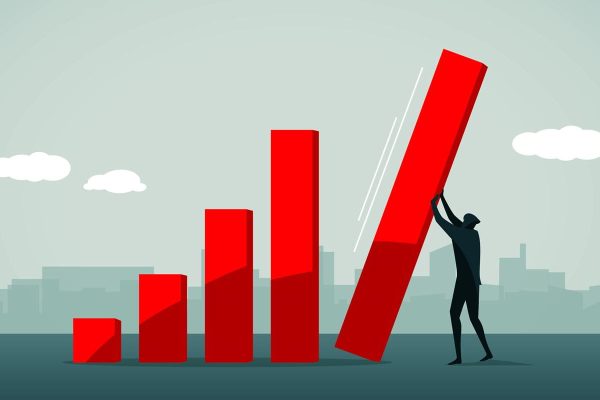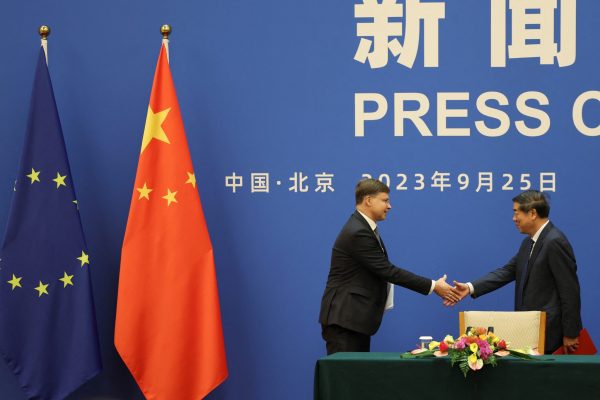Fashion encompasses a diverse range of styles, each with its own unique characteristics and influences. From the exclusivity of haute couture to the accessibility of ready-to-wear, and from the innovation of avant-garde to the nostalgia of vintage, fashion offers something for everyone. Understanding the different types of fashion allows us to appreciate the creativity and cultural significance behind the clothes we wear, and helps us navigate our own personal style within this dynamic and ever-evolving industry.
The latest trends in ladies’ fashion for 2024 reflect a blend of sustainability, technological innovation, cultural influences, and bold styling. From power suits to romantic florals, and from digital try-ons to eco-friendly materials, the fashion landscape is dynamic and ever-changing. As women continue to seek individuality and expression through their wardrobe choices, the industry responds with creativity and inclusivity, promising an exciting and diverse future in fashion.
















